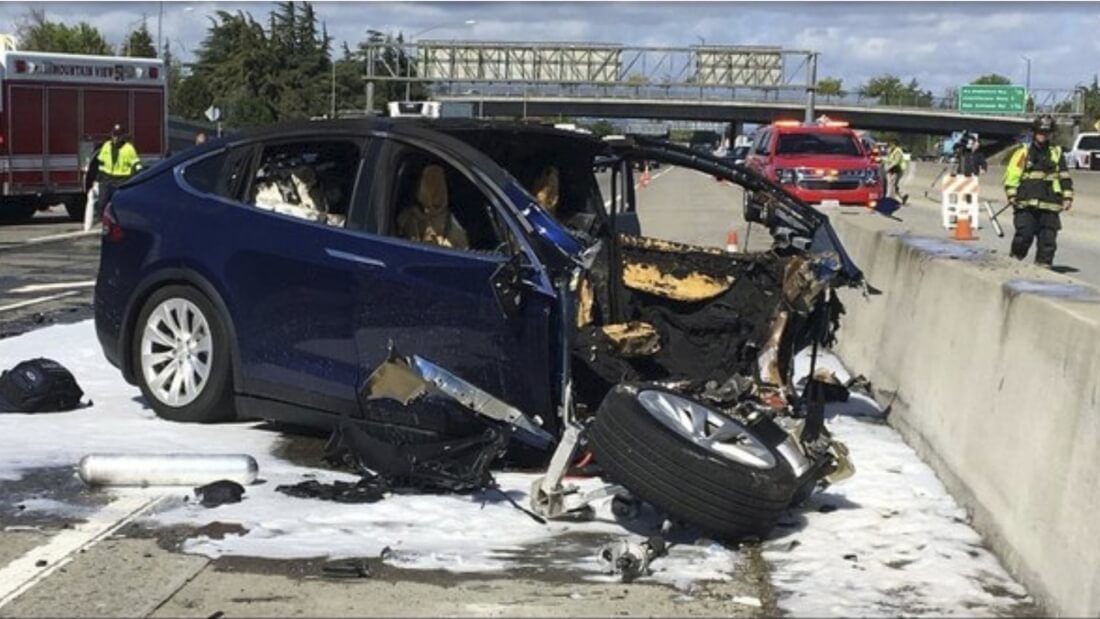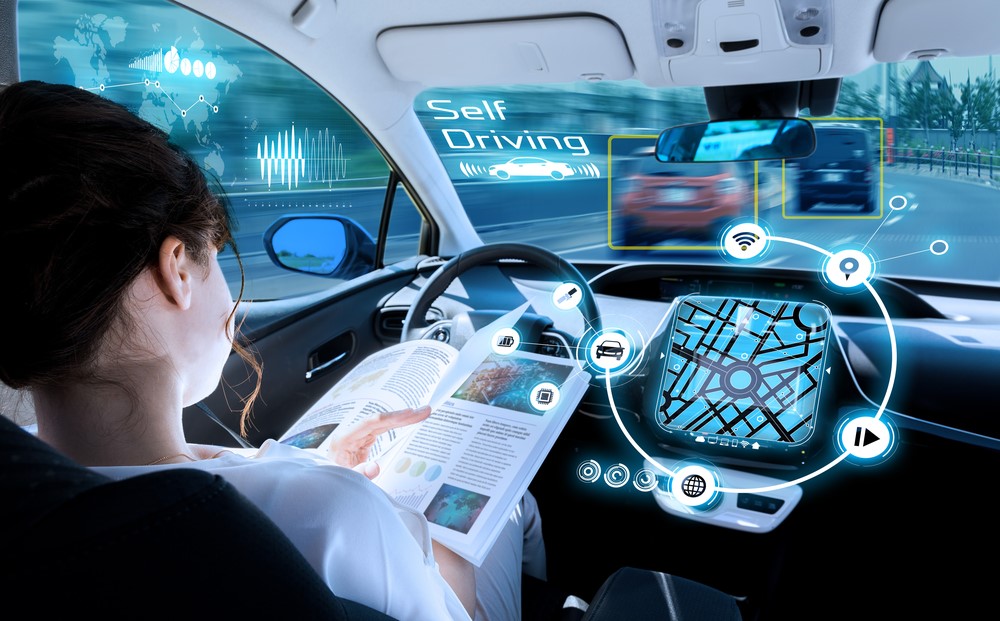Self-driving vehicles have the potential to revolutionize personal transportation but as with any game-changing technology, people aren't always receptive to change - even in instances where the benefits could far outweigh the shortcomings.
In a new report from the American Automobile Association (AAA), 73 percent of American drivers said they are too afraid to ride in a fully autonomous vehicle. That's a significant bump from the 63 percent of people who responded similarly in late 2017 and quantifies the public's eroding trust in self-driving vehicle technology.
The report also notes that 63 percent of US adults said they would feel less safe sharing the road with self-driving vehicles in a pedestrian role (while walking their dog or riding a bicycle, for example).

Greg Brannon, AAA's director of Automotive Engineering and Industry Relations, said that despite their potential to make our roads safer in the long run, consumers have high expectations for safety. Any incident involving an autonomous vehicle is likely to shake consumer trust, he said, which is a critical component to the widespread acceptance of autonomous vehicles.
Indeed, self-driving cars have been involved in a handful of accidents in recent memory, some of which were fatal. In March, a self-driving Uber vehicle struck a pedestrian as she was crossing the street, resulting in her death. Tesla vehicles driving in auto-pilot mode have also been involved in multiple accidents.
Surprisingly enough, millennials - a group that has traditionally been receptive to automated vehicle technology - was the most impacted by recent incidents. According to AAA, the percentage of millennials too afraid to ride in a self-driving vehicle jumped from 49 percent to 64 percent since late 2017.
Crash photo courtesy Associated Press
